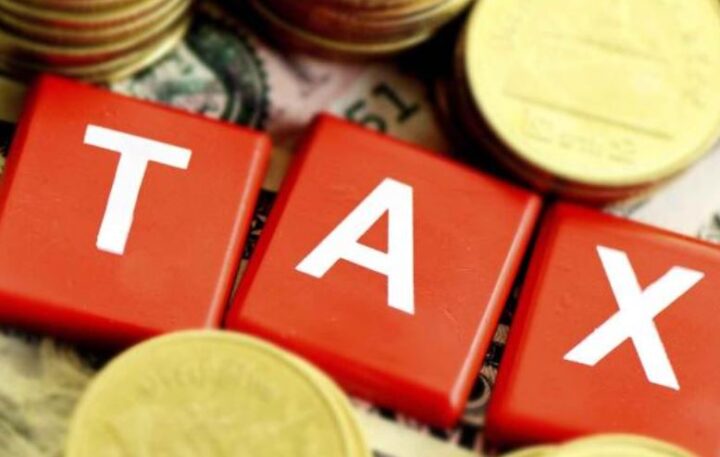SBM Intelligence, a geopolitical research firm, says multiple and arbitrary levy payment is the cause of low tax compliance by the informal sector in Nigeria.
This is contained in a survey conducted by SBM, titled: “Under the hood: A look into taxation in Nigeria’s informal sector.”
SBM said the assumption that a large percentage of Nigerians do not pay tax is false, explaining that they are mostly paid in an informal way to non-state recognised collectors such as task forces and touts.
“This assumption does not apply to Nigeria, while informal businesses appear to be outside of government regulation and taxes, they are confronted with multiple layers of tax collectors who are backed by government agencies,” it said.
Advertisement
“Moreso, the process of these tax collections are arbitrary, backed with violence.”
SBM said the survey centred on informal businesses such as open market traders, commercial bus drivers, dressmakers, hairdressers, and vulcanisers across nine states and the federal capital territory (FCT).
According to the report, most informal businesses pay taxes “often to one agency on a more frequent basis (daily rather than monthly or yearly) and with the taxes forming a larger proportion of their incomes in the same period compared to taxes on the formal sector.
Advertisement
“This method of tax collection worsens tax compliance by creating distrust between the MSMEs and the government and leading the MSMEs to view the approach of government as a lack of support for MSMEs rather than as a drive for improved tax compliance.
“A large majority (98%) of respondents agreed that they pay taxes and only 2% of them said they had not paid any taxes.
“33% of the respondents pay on a yearly basis, 17% pay on a monthly basis while 5% paid on a weekly basis.”
SBM said findings from the survey showed that taxation in the informal sector is characterised by tyranny and is largely not determined by income, thus reducing their earnings and increasing prices of their wares and services.
Advertisement
It advised the government to establish a tax identification number to checkmate the issue of multiple taxations in the informal sector.
It said the tax identification number should then be tied to “something that every Nigerian need, such as a mobile phone number or National Identification Number and a Bank Verification Number”.
Tax collection is significant to the sustainable growth of a country and it is also essential in financing critical infrastructures and social programs.
Advertisement
Add a comment






